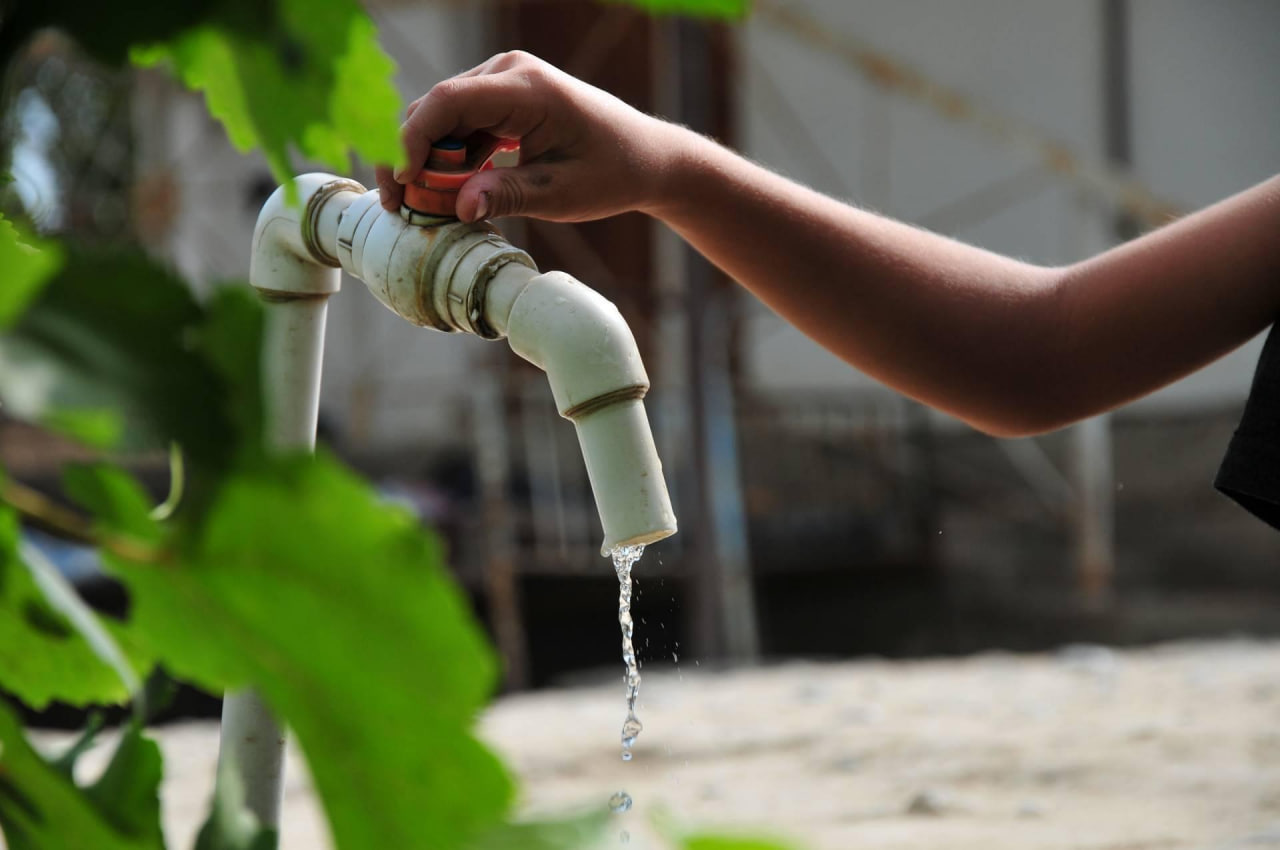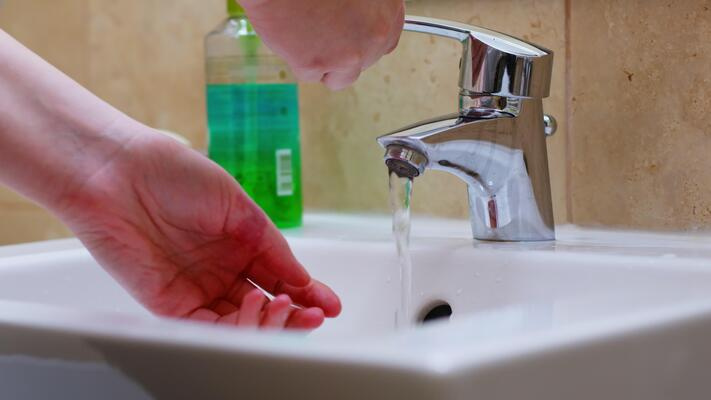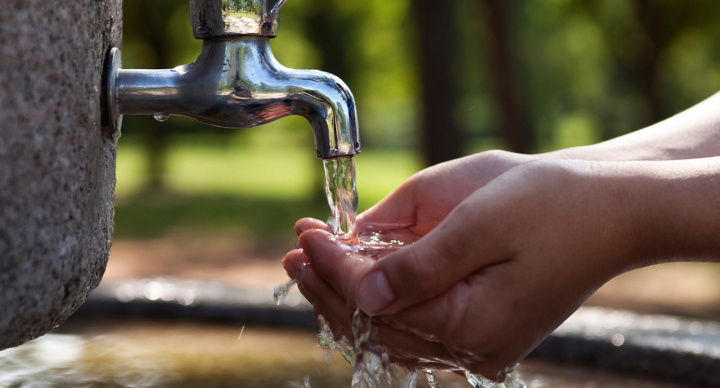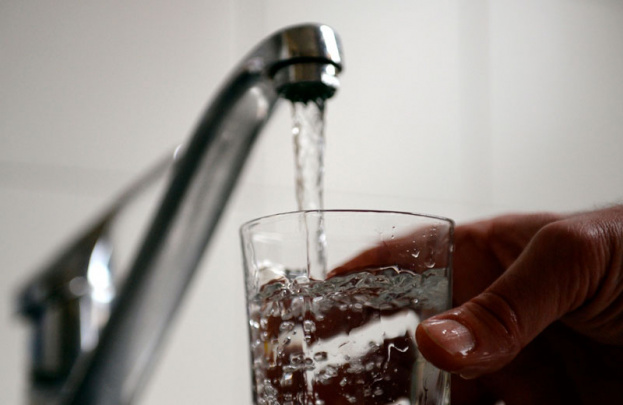Clean water projects in Uzbekistan face major implementation failures

The “Yuksalish” Movement has conducted a public monitoring initiative to assess the implementation of Uzbekistan’s 2024 targets related to drinking water and sewerage supply. The findings reveal serious discrepancies between official reports and actual progress. Out of 100 surveyed neighborhoods, work in 23 was found incomplete despite being marked “completed” in official documents. Additionally, 28 projects were not delivered on time, 15 neighborhoods still lack full access to water services, and 9 projects were executed with poor quality.
Ambitious goals, flawed execution
According to a presidential decree, 1.3 trillion UZS was allocated from the national budget in 2024 to fund 79 projects. These aimed to construct 1,100 km of pipelines and 64 water infrastructure facilities across 200+ neighborhoods, raise the centralized drinking water supply coverage to 81%, provide clean water to 1.3 million citizens, and improve supply conditions for 3 million more.
The “Yuksalish” Movement reviewed 99 such projects in 101 neighborhoods across Uzbekistan, analyzing efforts financed through the national and local budgets and international financial institutions. They also collected local residents’ opinions on water and sewerage services.
Key Findings:
Officially “completed” but actually incomplete
Out of the 67 projects claimed by Uzsuvtaminot JSC to be complete, 23 had unfinished construction, reconstruction, or repair work. For example:
- In Ergashobod and Olaqanot neighborhoods of Asaka District, and Bobojon in Shahrihon District, construction work was left incomplete.
Not delivered on time
28 projects were either delayed or handed over before full completion. Examples include:
- In the “Farovon” Street of the “New Uzbekistan” neighborhood in Chust District (Namangan region), sewer installations for new multi-story housing blocks remain unfinished.
- In the “Al-Khorezmi” residential complex in Urgench (Khorezm), homes were handed over without completing sewer network construction.
- In Gulistan (Syrdarya), although networks in Bakht, Istiqlol, and Ahillik were built and “delivered,” the sewer system was never activated.
Poor quality work
9 projects were found to be of substandard quality. For example:
- In Jizzakh city, the metal covering of water towers in Ulugbek and Kaliya neighborhoods was made of poor materials and designed unsafely.
- In Gulzor (Chust, Namangan), shoddy sewer construction led to persistent bad odors and system malfunctions.
- In Kattakurgan (Samarkand), 20 km of sewer lines were built with significant delays and quality violations.
Construction works finished but still no water
Even where construction was completed, 15 neighborhoods had no consistent access to clean water or sewerage:
- In Zarafshon (Arnasoy, Jizzakh), although a new water facility and pipelines were installed for 7 apartment blocks (70 households), water is supplied only every three days for 30 minutes—and doesn’t reach the second floors.
- Limited access was also reported in three streets of Dehbaland (Nurata, Navoi) and in several neighborhoods of Mirzaabad (Syrdarya), where water is only available at certain times of day.
Poor oversight, weak monitoring
The agencies responsible for drinking water supply have failed to ensure proper implementation and oversight of the projects. When “Yuksalish” requested detailed, district-level progress reports based on the president’s decree, officials said they had not maintained such records and were managing projects under other programs.
Recommendations by “Yuksalish”
During interviews, residents expressed growing concern over the inconsistencies between paper and practice. Based on the findings, “Yuksalish” proposes the following:
- Engineer Training: Train district-assigned engineers according to the KMK 2.04.02-19 “Water Supply. External Networks and Facilities” standards.
- Inclusive Supervision: Ensure involvement of technical experts from “Uzsuvtaminot” and public representatives in the handover of water projects.
- Transparent Reporting: Implement open reporting systems for responsible agencies to track water and sewer project implementation.
- Better Planning Tools: Use software and monitoring systems that ensure all households are included in project designs and coverage.
- Modern Technologies: Apply international best practices and modern technologies in new projects.
A human right, not a privilege
“Yuksalish” emphasizes that access to safe drinking water is a fundamental human right and a condition for a dignified life. The movement calls on government agencies and civil society to address the identified problems through genuine cooperation, objective oversight, and effective reform.
Related News

13:55 / 12.07.2025
Water debts of households and businesses in Uzbekistan near 800 Billion UZS

17:20 / 20.06.2025
Yuksalish movement criticizes water infrastructure; Uzsuvtaminot defends progress

15:43 / 28.05.2025
ADB supports Uzbekistan’s push for smarter water management

20:34 / 26.05.2025



